Learn more about blood and blood donation! The OneBlood Blog covers everything from donor and recipient stories to articles on health & wellness topics and more!
Blogs
Categories
101 Results

12/31/2019
About Blood
O Negative Blood Type
While those with O-negative are universal blood donors, and they can only receive O-negative blood.

10/15/2019
Donor
How Old Do You Have To Be To Donate Blood?
In many states, you can donate blood starting at the age of 16, provided you have your parent or guardian's permission (17 in North Carolina).
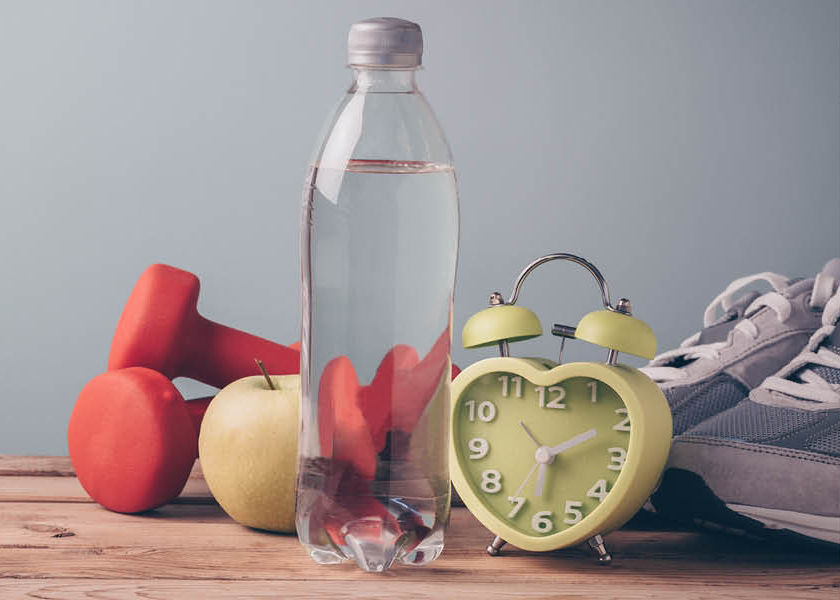
10/01/2019
Health & Wellness
Tips to Lower High Cholesterol
High cholesterol affects nearly 33.5% of the American population. Elevated cholesterol levels can increase your chances of heart disease.
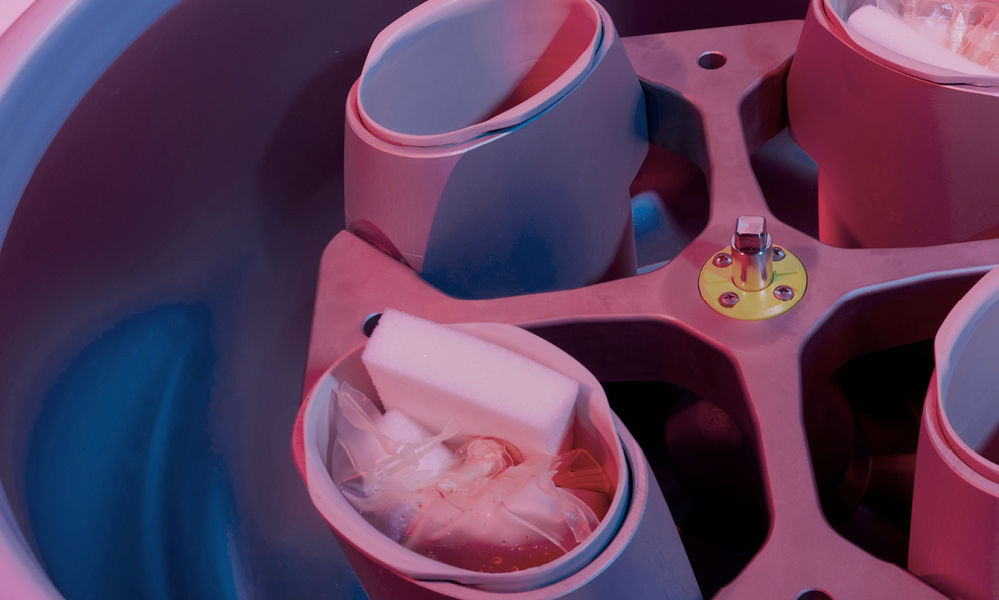
09/25/2019
About Blood
The Science Behind Separating Blood and Platelets
To separate platelets from a whole blood donation, the blood is kept at room temperature, processed and stored, all within eight hours of your donation.
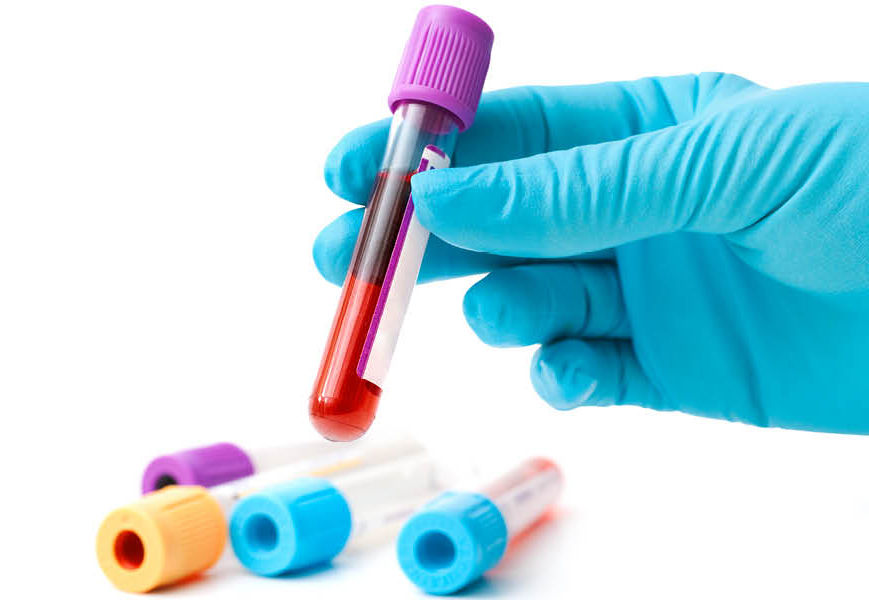
09/10/2019
About Blood
What Are Rare Blood Types?
Your blood type is considered rare if it is missing a common antigen or combination of antigens that most people have. A rare blood type may run in your family.
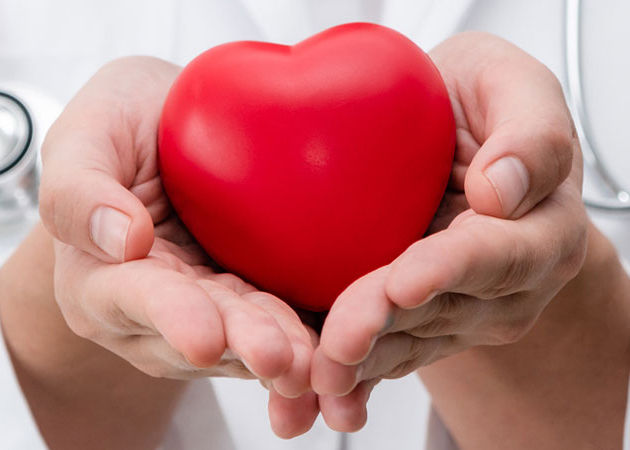
08/26/2019
Donation Process
How Donating Blood Impacts Your Heart
Studies have shown that donating blood can be good for your heart. Being a regular donor may help with blood flow and reduce arterial blockages.
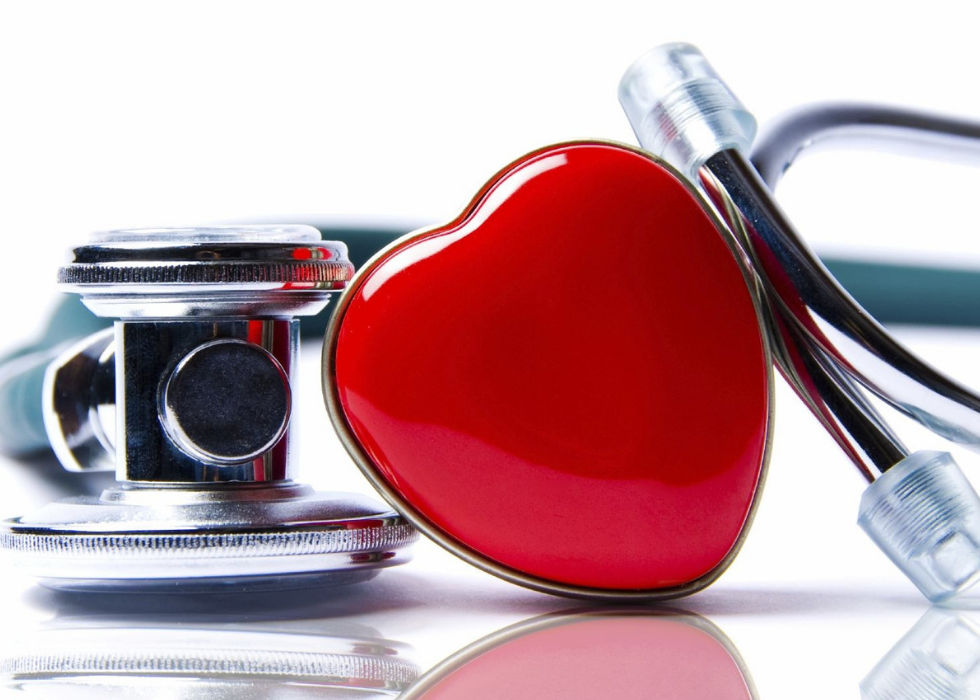
08/20/2019
Health & Wellness
High Cholesterol: Complications and Side Effects
Cholesterol plays a vital role in your health and wellbeing. Too much cholesterol, however, can cause dangerous side effects and complications.
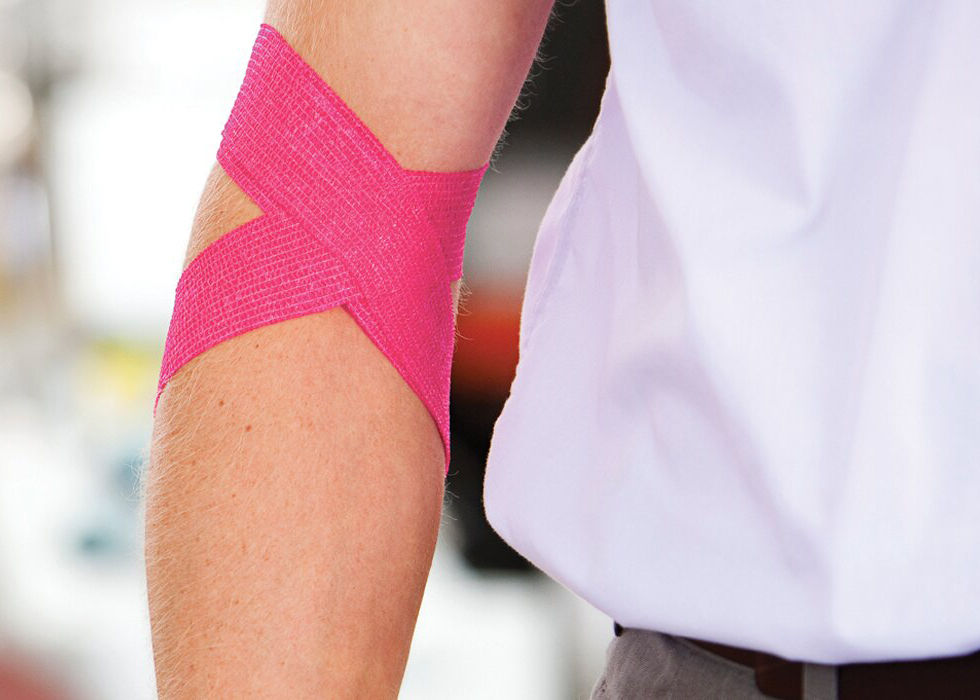
08/09/2019
Donation Process
What Happens to Your Body When You Donate Blood?
To minimize any adverse reactions, it is important to prepare for your blood donation by eating an iron-rich meal and drinking plenty of fluids.









